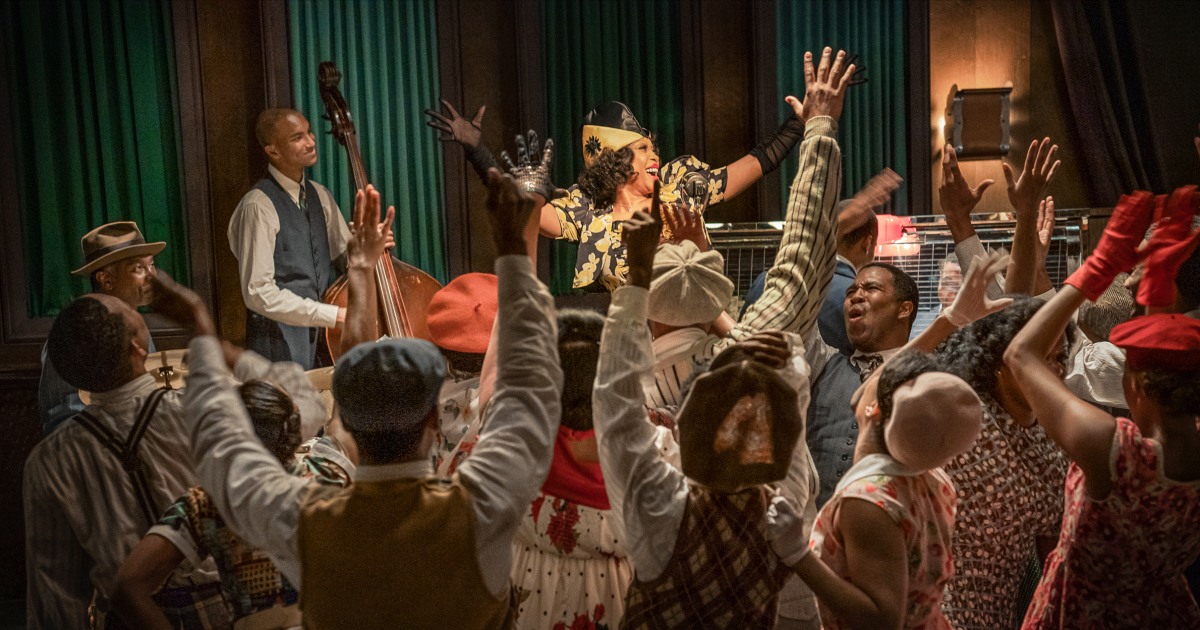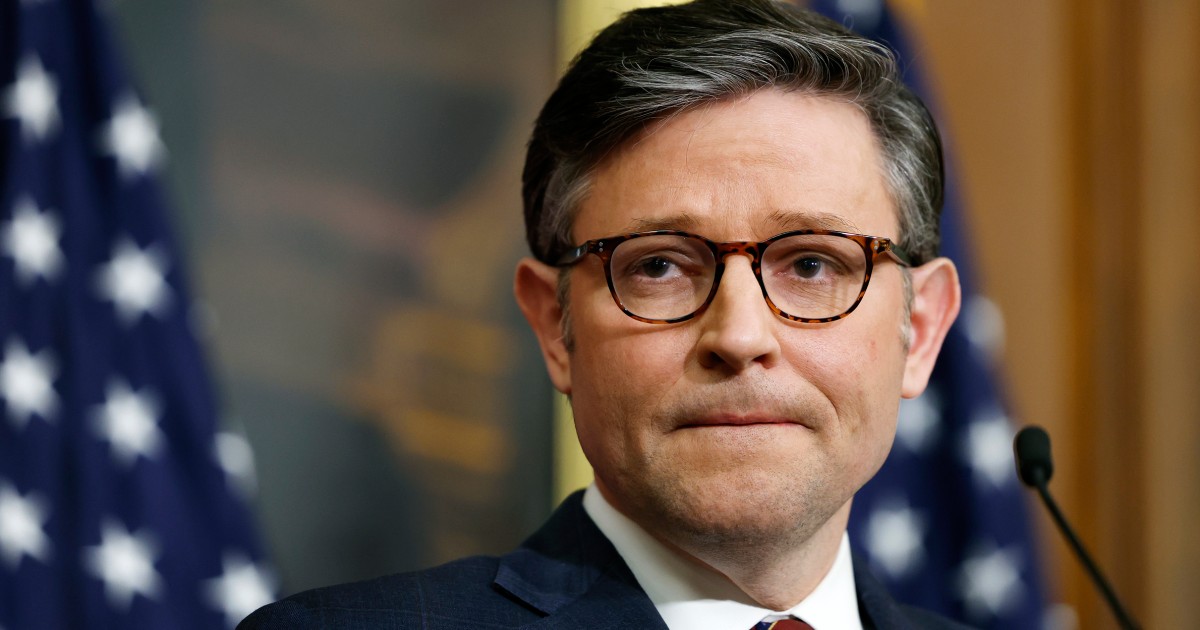Storied actor Denzel Washington has taken on the project of adapting August Wilson’s cycle of 10 plays that portray slices of Black life in each decade of the 1900s. But it is Washington’s kids — John David Washington, Malcolm Washington and executive producer Katia Washington — who have taken the baton for “The Piano Lesson,” one of Wilson’s two Pulitzer Prize-winning works.
John David, a Golden Globe-nominated actor in his own right, stars alongside “Till” star Danielle Deadwyler. Malcolm, John David’s brother, makes his directorial debut in the film, set in the 1930s during the Great Depression.
Boy Willie (played by John David) has come to Pittsburgh from Mississippi with a truck full of watermelons he intends to sell. But he’s really there to cash in on the family’s prized piano, a priceless heirloom kept in his sister’s home, to buy the land of the man who once enslaved his family.
Standing in his way is his sister Berniece, portrayed by Deadwyler, who refuses to sell the piano. For the mother of one, the piano, with the faces of their ancestors carved into it, is their family legacy. And though she will not play it, she cannot let Boy Willie sell it.
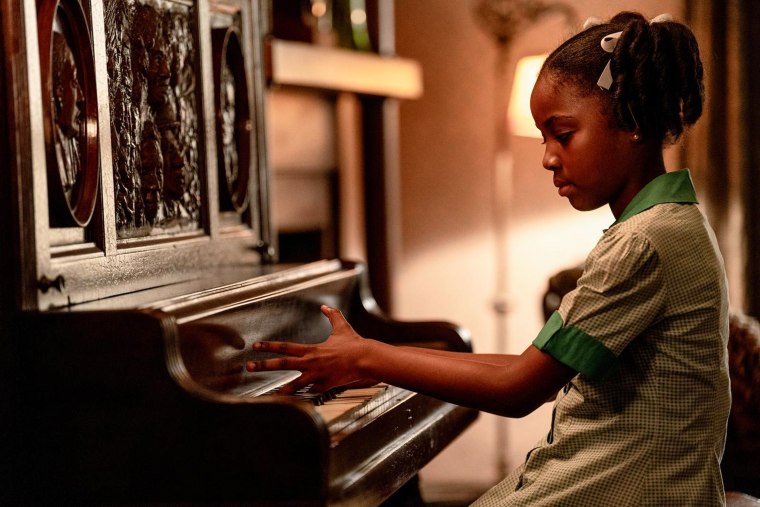
John David told NBC News he was pulled to “The Piano Lesson” because “I needed to find myself. It was forcing me to answer questions I maybe have been avoiding for a long time within myself — with my spirituality, with my faith, with my upbringing.”
Malcolm said he felt a similar pull.
“In our life, we go through these cycles of being concerned with some part of yourself that you’re trying to wrestle with, trying to have some deeper understanding of yourself in some way. And where I was at that time, ‘The Piano Lesson’ was the salve for that,” he said. “It was both a thrilling, exciting read, but also dug into these deeper ideas of identity, ancestry and lineage that I was trying to reconcile for myself.”
He said Julie Dash’s 1991 film “Daughters of the Dust” and Barry Jenkins’ Oscar-winning 2016 film “Moonlight” inspired him to dig deeper in his feature film debut without fear. “Both of those filmmakers are huge influences for me because they are able to portray the Black body and experience with such visual poetry,” he said.
“I think some films that come through the traditional studio system look at the Black experience as this rugged, raw, gritty experience, where sometimes there’s a lot of other feelings in there; there’s a lot of other colors in the palette,” Malcolm said. “And that was something that we were after — this kind of heightened poetry both in character and imagining and visualizing their desires, their imaginings, their nightmares, their fears, anxieties, but always putting it through this filter of beauty in some way, poetry in some way, because it’s all connected in that way.”
Deadwyler said she was drawn to her character’s internal push and pull of “trying to be a devout mother, trying to consider what it means to be in the potential of a new relationship, while navigating this new world and space that she’s in. I feel like that’s just been the last 10 years of my life.”
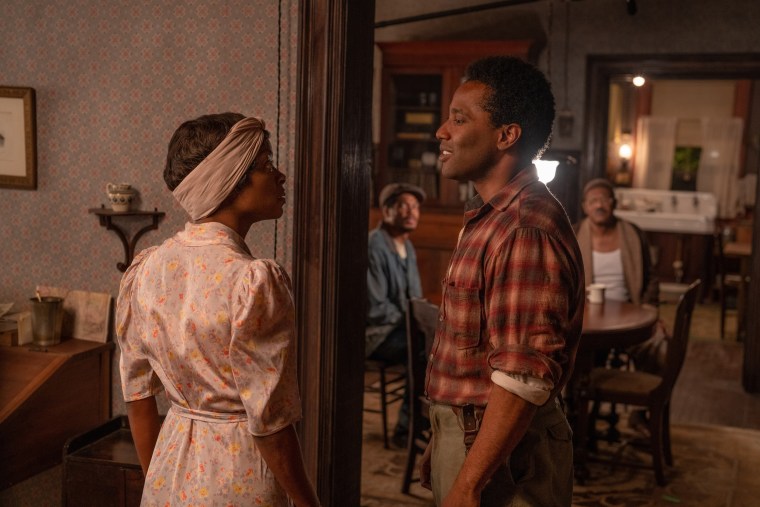
“I get that she’s laboring on so many levels: grief and loss, memory, motherhood, the potential of love, and then these other forces that are drawing her into her unknown self, into a greater sense of self,” she added.
Caught between Boy Willie and Berniece is Samuel L. Jackson’s Doaker, their uncle who referees their many battles.
Jackson goes back to Wilson’s beginnings; he played Boy Willie in the 1987 premiere of “The Piano Lesson” at the Yale Repertory Theatre and was the understudy for the role when the show debuted on Broadway three years later. When Jackson’s wife, LaTanya Richardson Jackson, revived the play for Broadway in 2022, Jackson handed the reins to John David and nestled into the role of Doaker alongside him. John David says he felt the pressure to live up to the role Jackson originated with director Lloyd Richards. “They were crafting the huge monologues every night [that] you have to learn, and now, I’m saying the words that he spoke first, in front of him, every night,” he said. “So there was an immense amount of pressure.”
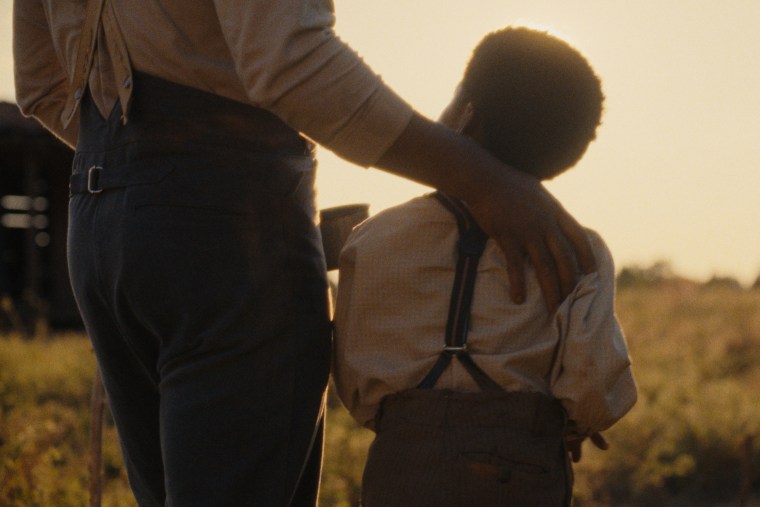
Encouragement from Jackson and actor Michael Potts, who has performed in several Wilson plays and appears in the film, helped John David feel “welcomed,” he said. “That gave me the confidence that if they think I’m good enough to do it, and if I got their trust, then I’m on the right path.”
Their father, Denzel Washington, began fulfilling a “duty” to adapt Wilson’s “Century” cycle of 10 plays with his 2016 film “Fences,” serving as both star and director. His co-star Viola Davis won her first Oscar for the film, set in 1957. Washington then followed four years later with the 1920s-set “Ma Rainey’s Black Bottom,” also starring Davis. It was Chadwick Boseman’s final on-screen performance before he died from cancer in 2020.
Charles Dutton and Alfre Woodard starred in the first film adaptation of “The Piano Lesson” in 1995, a decade before Wilson’s death. And now at the helm of this latest version of Wilson’s revered work are the Washington brothers and their sister Katia, who is an executive producer; their mother and Denzel’s wife, Pauletta Washington, appears in the film with their sister Olivia Washington.
Weeks before the adaptation hit movie theaters, it was screened at Morehouse College in Atlanta, John David’s alma mater. He said the event was emotional for him and Deadwyler, an alum of neighboring Spelman College, especially during the historically Black colleges’ joint homecoming, dubbed “SpelHouse,” in October.
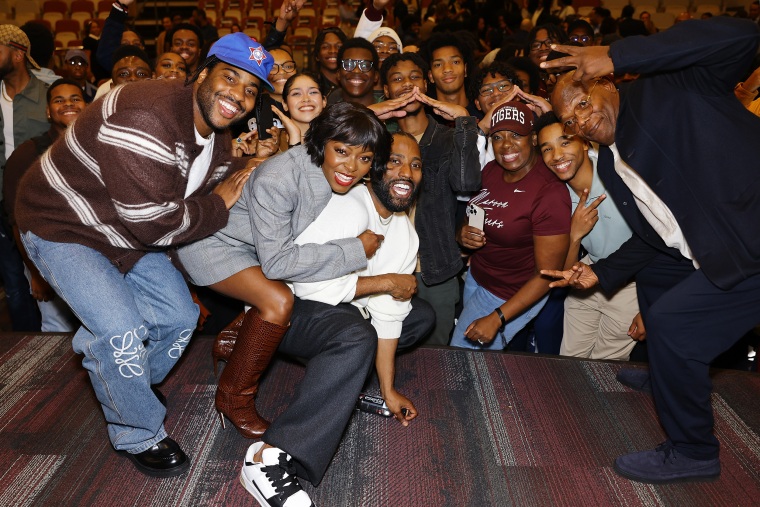
“I never would have thought that I would bring a film that I’m so proud of, that really helped me become — or at least I believe — the artist I want to be back to the school that helped mold me as a man,” he said.
“We’re talking about legacy,” Deadwyler said. “And so, if this piece is about legacy, the Morehouse-Spelman connection is a major footprint in that legacy-building. To look at the students eager and super excited, all their hands up to ask questions in the Q&A, wanting to take a picture, because I think this is significant, and they understand their significance. It’s just beautiful to do that.”
“The Piano Lesson” is in theaters now and will begin streaming on Netflix Nov. 22.


